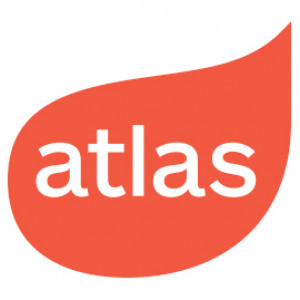 \
&
Contact us
\
&
Contact us
 \
&
Contact us
\
&
Contact us
Starts in 2 days from now
LocationOnline
Programmes
We offer news and event updates, covering all domains and topics of Horizon Europe, Digital Europe & EDF (and occasionally, for ongoing projects, Horizon 2020).
Stay informed about what matters to you.
By signing up, you can opt in for e-mail notifications and get access to
a personalised dashboard that groups all news updates and event announcements in your domain(s).
Only for stakeholders located in Flanders
AI Continent Advanced Digital Skills Deployment: Best use of technologies

Atlas Integratie & Inburgering Antwerpen is an autonomous agency and a non-profit organisation responsible for implementing the Flemish integration policy on behalf of and for the City of Antwerp. Atlas offers several types of services for newcomers and Antwerp’s public and non-profit organisations.
In 2018, under the leadership of HafenCity University Hamburg, Atlas participated in the H2020 call 'Addressing the challenge of migrant integration through ICT-enabled solutions'. The proposal 'MICADO - Migrant Integration Cockpits and Dashboards' was approved by the European Commission and the project started in January 2019 and runs until June 2022.